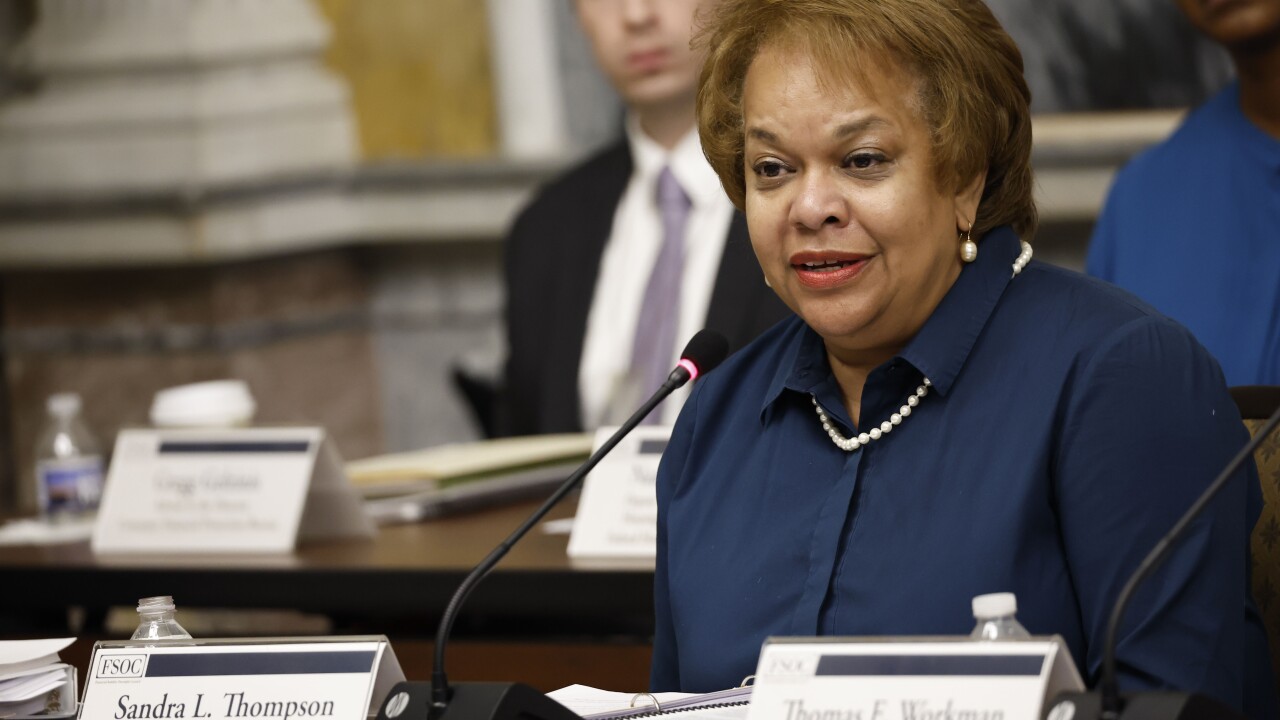The 30-year mortgage average finished at close to the same mark it was seven days earlier, after a highly volatile week impacted by both the fast-spreading omicron variant and announcements from the Federal Reserve.
The 30-year fixed-rate mortgage average edged up one basis point to 3.11% for the weekly period ending Dec. 2, according to results from Freddie Mac’s Primary Mortgage Market Survey. One week earlier, the rate averaged 3.1%, while at the same point in 2020, the 30-year fixed rate came in at 2.71%.

"Mortgage rates were shocked lower in the last week as the omicron variant cast doubt over U.S. economic growth,” said Robert Frick, corporate economist at Navy Federal Credit Union in an emailed statement to National Mortgage News.
With yields currently in flux, Frick said, “Right now, the direction of mortgage rates is a crapshoot."
Investors and the mortgage industry will next turn their attention to the November jobs report to be issued on Friday, Dec. 3, for further clarity on the state of the economy as well for guidance on their next moves.
“Markets will be analyzing jobless claims and employment data later this week with expectations for continued job and wage growth that could keep the economic recovery on pace,” wrote Paul Thomas, Zillow vice president of capital markets, in a research blog.
But the persistent presence of COVID-19 remains high on the minds of investors and the Fed and will likely have an outsized effect on yields and the central bank’s decisions in the short term.
“The big wildcard for markets – and mortgage rates – will be the impact the omicron variant may have on economic recovery,” Thomas added.
While the 30-year fixed rate inched upwards, the 15-year mortgage headed slightly in the other direction, averaging 2.39%, a three-basis-point drop from the previous week’s 2.42%. In the same weekly period of 2020, the 15-year fixed-rate mortgage was 2.26%.
The 5-year Treasury-indexed adjustable-rate mortgage climbed higher after four consecutive weeks of decreases, averaging 2.49%, compared to 2.47% seven days earlier.





